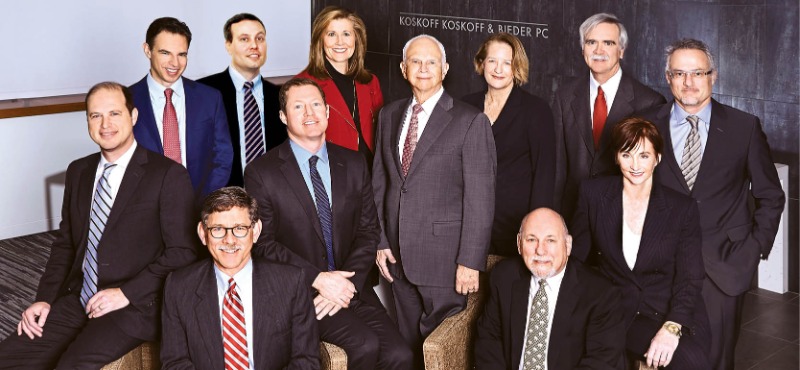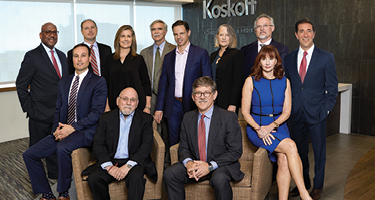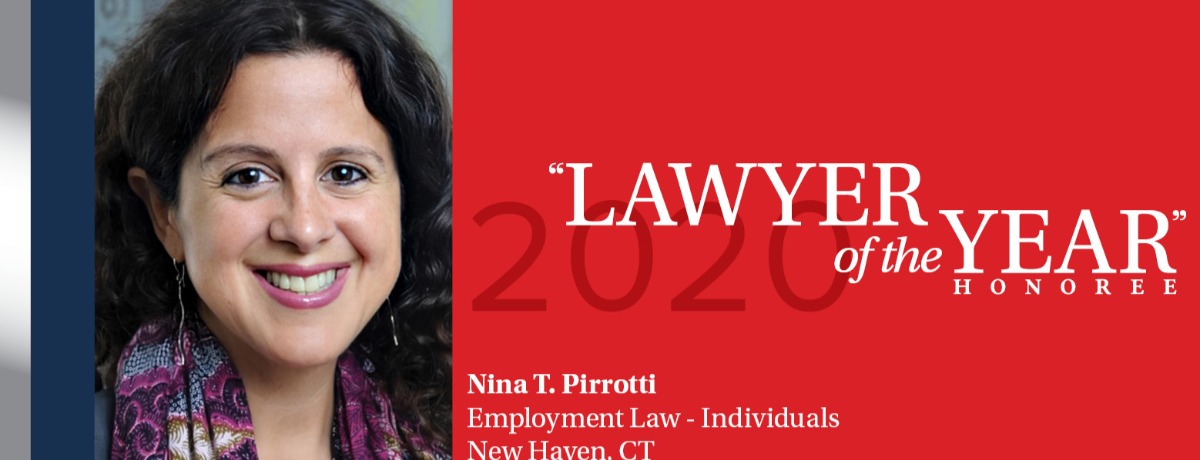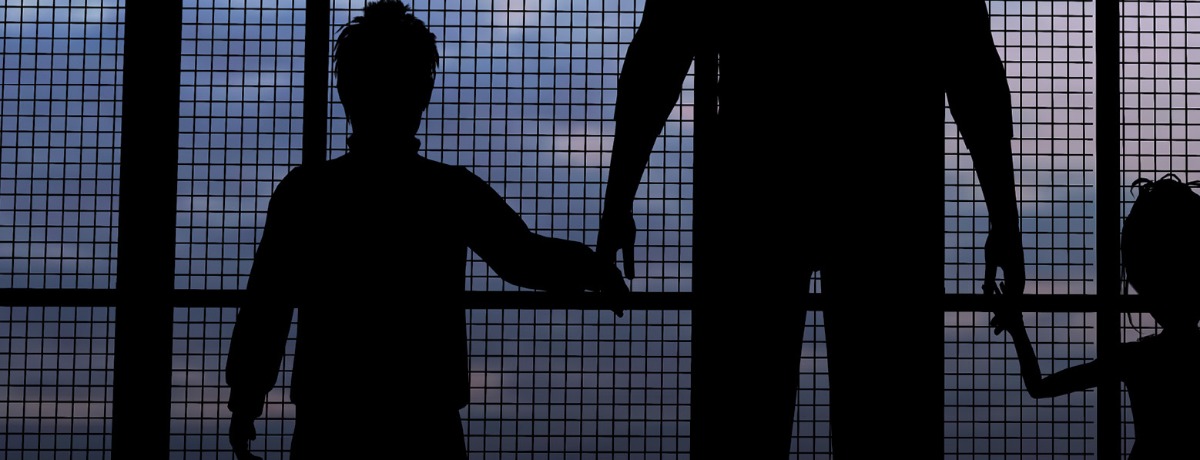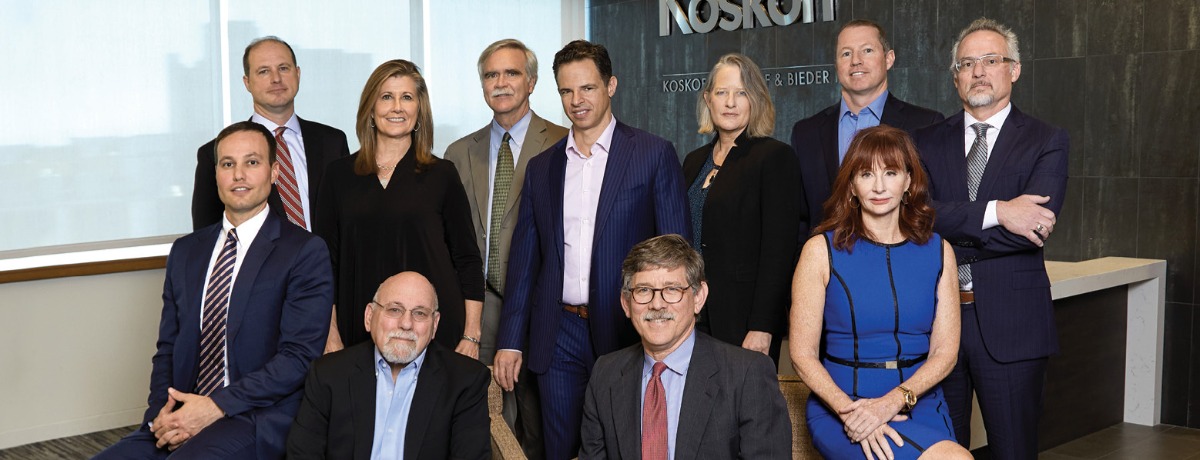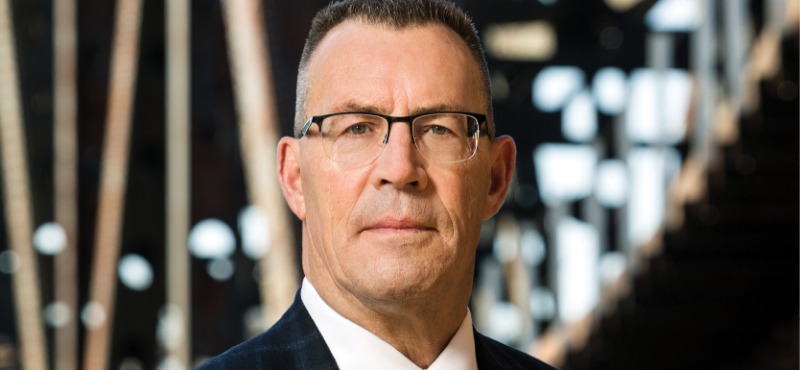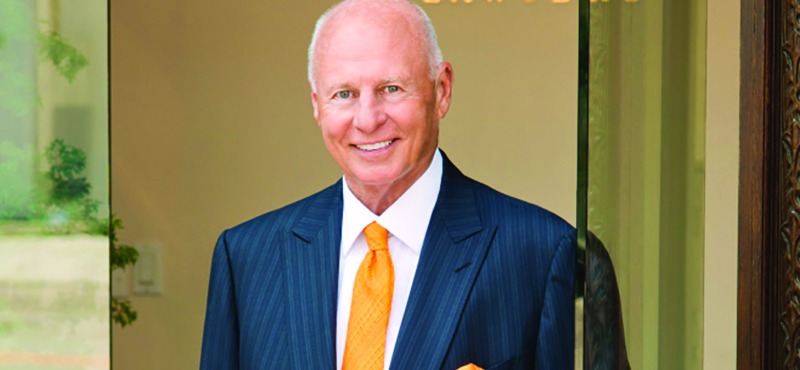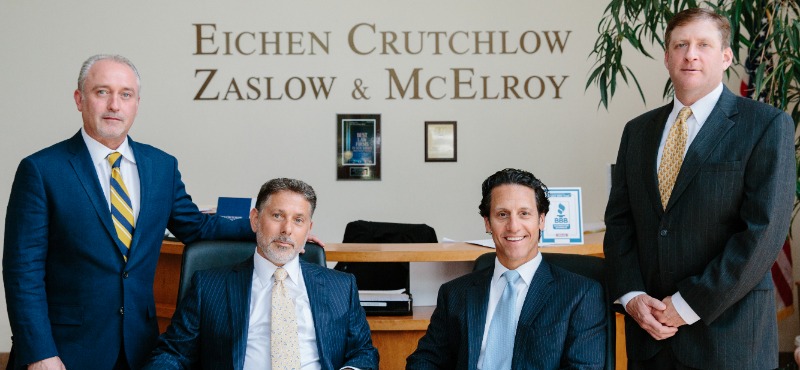Koskoff Koskoff & Bieder PC has been one of Connecticut's leading plaintiff's trial firms for more than 80 years. Its attorneys have won 6 of the 10 largest personal injury verdicts in state history, including both medical malpractice and personal injury cases.
But its mission of providing quality legal representation and caring and responsive client service is what drives them. In the past year, Koskoff continued its tradition of fighting for justice in major injury cases when its lawyers negotiated a settlement with a Connecticut surgical center on behalf of a deceased man’s family.
Koskoff attorneys Josh Koskoff, Michael Koskoff, Jim Horwitz and Katie Mesner-Hage broke new ground in a wrongful death claim that exposed the failures at the center and achieved justice for a large family whose patriarch had been taken from them too soon.
The Case
The firm was hired by the family of a 53-year-old bus driver for the Connecticut Transit Authority. The father of eight was admitted for back surgery at a Fairfield County, Connecticut surgical center in 2013, an option that had been presented as a legitimate alternative to a hospital admission. The center had relocated shortly before the surgery, which Joshua Koskoff said was the ultimate source of the tragedy.
“The facility was still being organized and storing its medications, and the wrong bag of fluid was used to administer the client's anesthesia,” Koskoff said. “Instead of Hespan, a benign medication, the anesthesiologist accidentally used a toxic medication called Lidocaine, which is only used for patients who go into cardiac arrest in the operating room.”
The plaintiff died shortly after being transferred to a nearby hospital in a last-ditch, life-saving effort. Within a week of the patient’s death, the anesthesiologist was preparing for another procedure and reached to where she believed bags of Hespan would be. She found Lidocaine instead and realized upon further inspection that the wrong fluid had been used during the prior back surgery.
“The anesthesiologist thankfully did the right thing and reported her finding to the surgery center,” Koskoff said. This systemic failure, coupled with the inherent risk of human error, ultimately caused the death of the patient, whose family turned to Koskoff for justice.
The Strategy
Koskoff and Horwitz performed a root cause analysis which led back to the center's haphazard way of storing the medication.
“We learned there were 18 bags of Lidocaine available—which is approximately 16 more than a surgical center would need for several years,” Koskoff said, “and because of its toxicity and resemblance to more common anesthetics, it should have been locked up and segregated from other medications.”
The Koskoff team brought the case before the Superior Court in the Judicial District of Fairfield-Bridgeport. They planned to exploit how the center's disorganization led to the fatal, negligent error.
On the first day of presenting evidence, the team reached a settlement with the defendants on behalf of the victim’s family. Koskoff declined to comment on the settlement, citing confidentiality.
The Precedent
Koskoff said the case shines a light on the practices of surgical centers. Surgical centers are not as heavily regulated as hospitals, and they lack oversight that can lead to faulty risk management systems. He added that he hopes that as a result of this important case, other healthcare providers and administrators in the state will ensure proper medication storage measures are in place to protect the safety of their patients.
“If healthcare providers take corrective measures now, it can substantially reduce the likelihood that human error will result in catastrophic harm to patients,” he said.
The firm currently has two other pending wrongful death cases against surgery centers. Koskoff said the circumstances are strikingly similar—patients are undergoing relatively minor operations and not surviving.
“I think that a lot of our cases are moving in the direction of addressing system failures. Human error is inevitable, which is why healthcare facilities have to put systems in place that anticipate that risk and guard against it,” Koskoff said. “Our hope is that exposing these faulty systems will educate surgery centers and save lives.”
